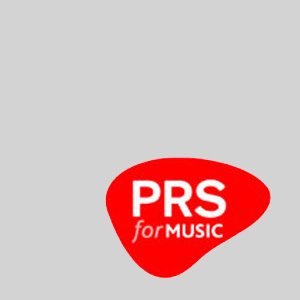Collecting society launches initiative to encourage electronic music producers to ensure they receive payment for their music.
 PRS for Music (formerly the Performing Right Society) has announced a new initiative which will target dance music producers. Amplify aims to increase awareness of payments due to rights holders and to encourage electronic musicians to register with PRS.
PRS for Music (formerly the Performing Right Society) has announced a new initiative which will target dance music producers. Amplify aims to increase awareness of payments due to rights holders and to encourage electronic musicians to register with PRS.
A couple of weeks after the announcement of an altogether more dubious initiative in the name of ‘the dance music community’, PRS’s plan genuinely appears to represent the interests of electronic musicians. It’s obvious that there’s a distinct lack of understanding among producers, artists and writers regarding what PRS can do for them, how they can benefit and how to register.
The most depressing but wholly unsurprising statistic in the report from PRS’s M magazine is that more than half of electronic music tracks played on BBC Radio 1 in 2011 were reported with incomplete track information (or the rights owner wasn’t a PRS member), meaning that writers were not paid royalties when they were broadcast.
Although the onus in the first instance falls on rights holders to register with PRS and report track information, M‘s feature on ‘business and beats’ acknowledges that the issue is more complex. Daniel Avery admits that he probably wouldn’t know about PRS if it weren’t for his label (“I know some quite big acts who haven’t registered any of their work. I think people need to be told a bit more forcefully that there’s potential money waiting for them”), but also points out that staff at Phantasy Sound encourage him to fill in set lists for DJ appearances, which are used by PRS to help ensure that performing royalties are distributed correctly.
Avery is in the small minority of DJs who diligently report set lists for club and festival sets. House veteran Mark Moore admits that he’s only submitted a set list “a handful of times” in his career.
Regardless of other criticisms of PRS (which are certainly not limited to electronic music), the fact that writers and producers aren’t being paid royalties for their work is clearly wrong. Amplify appears to be a step in the right direction.
10.34 AM
an interesting article thank you